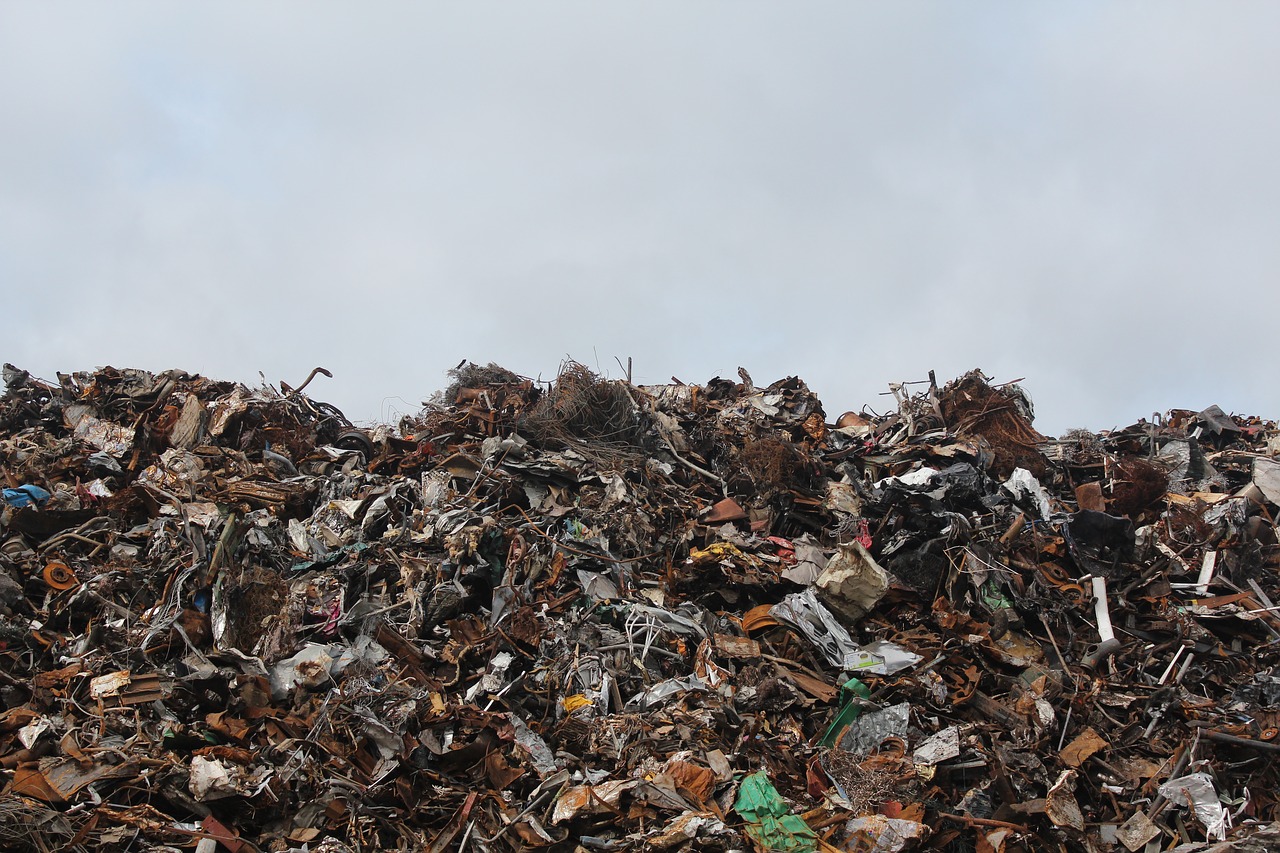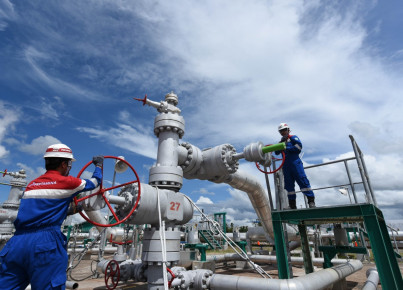The waste crisis triggered by China has awakened the hope that developed countries would eventually move towards more virtuous forms of waste management, but these hopes quickly failed to see some relevant results.
It all (or almost) started with the ban on imported waste to China. It was 2018, Beijing had already achieved the economic and political status that made it one of the most powerful nations. And it was time to say "enough" to the dirty practice of dealing with other people's waste. Now it’s 2021, and the illegal or non-illegal trafficking of waste has shifted to other countries, where different actors still consider it a profitable business. The Chinese strategy "National Sword" has suddenly poured billions of tons of waste arriving from all over the world into the rest of the region, jamming a mechanism that has been active for decades.
The waste crisis triggered by China has awakened the hope that developed countries would eventually move towards more virtuous forms of waste management, but these hopes quickly failed to see some relevant results. The attention of exporters has, in fact, shifted to the countries of Southeast Asia, where waste from Europe, the United States and Australia is now accumulated or recycled. Among the most exported waste are disposable plastics, but also electronic waste, which is very dangerous if treated improperly.
• The data
The alarm was launched in a report published in August 2021 and written by the EcoWaste Coalition group for health and environmental justice in collaboration with the International Pollutants Elimination Network (IPEN). According to the latest estimates, the Asia Pacific region will receive up to 714 million tons of waste every year by 2050. A problem, that is already affecting those countries where there is a lack of adequate structures for managing solid waste. The document underlines how the pandemic has contributed to exponentially increase the amount of waste arriving in ASEAN countries, while the economic crisis linked to the health emergency has aggravated the economic situation of countries dependent on exports, willing to do anything to do not aggravate the budgets.
Together with the EcoWaste Coalition alarm, there are other problems, such as household waste. In Indonesia, for example, only large cities have implemented a modern system for the collection and management of waste, while it is totally absent in rural areas. People can live with it by reusing what can be useful, or by deposing all kind of waste in inappropriate places or burning it in makeshift fires. In some cases, waste becomes the most used fuel in the kitchen. At other times, the chemicals in the garbage enter the food chain of local inhabitants through the soil and aquifers near crops and aquifers.
From the perspective of environmental policies, the ten Asian countries have sufficient leadership to respond to the waste crisis. A notable example was that of the Philippines in 2019, when President Rodrigo Duterte began his battle (certainly not without populist tones) against the waste arriving from Canada. During the same year, Indonesia also responded to the invasion of foreign waste by "sending back" part of the 58 containers that arrived from the US. However, the situation is much more complex: where Jakarta said "no", 38 of those containers ended up in South Korea, Thailand, Vietnam, Mexico, the Netherlands, and Canada.
• The solutions
Among the many tasks of ASEAN, that of waste management represents a complex challenge to face. According to the latest report from the United Nations Environment Program (UNEP), published in 2020, the ten nations of Southeast Asia already have their own national strategy to manage the waste problem. What is missing, the document emphasizes, would be a conceptual step: no longer "where" to deposit or eliminate waste, but "how" to transform it into resources.
The call for all nations in the world, of course, remains to scale the problem at its root, eliminating single-use plastic and waste wherever possible. But the creation of a common policy, a harmonious and cooperative management of waste between the various actors involved could transform problems into opportunities.
This should not exclude a unitary action on the international level, the strong point of any union between countries. “ASEAN needs a unanimous declaration calling for a clear and concrete position on the waste trade. Among other things, it will have to ask the Member States themselves to immediately ratify the amendment on the ban on exports within the Basel Convention, take measures to ban all imports of waste into their countries and improve the implementation of these laws, together to others that go in the direction of zero waste”, said environmental law expert Gregorio Rafael P. Bueta on the EcoWaste Coalition / Ipen report of 2021.
The Basel Convention is the most important global agreement on waste management and has been signed by all ASEAN countries except Laos. The 1994 amendment banning the transboundary movements of hazardous and other waste, by contrast, was ratified by only three of the member states. A sign that, despite the more determined positions of governments against waste trafficking, the interests at stake are still very complex.






